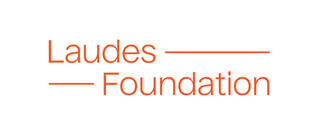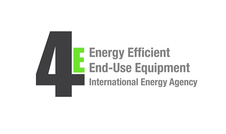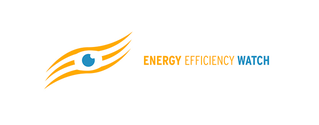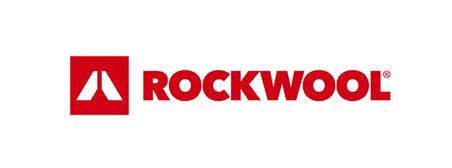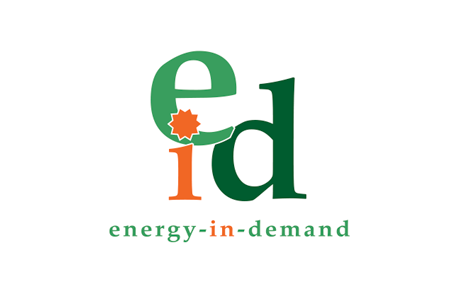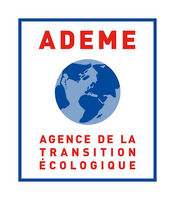Search eceee proceedings
Harnessing energy performance certificates for deep energy renovation: Policy recommendations and evidence from testing
Panel: 7. Policies and programmes for better buildings
This is a peer-reviewed paper.
Authors:
Sriraj Gokarakonda, Wuppertal Institute, Germany
Stefan Thomas, Wuppertal Institute for Climate, Environment and Energy, Germany
Maike Venjakob, Wuppertal Institute for Climate, Environment and Energy, Germany
Gatis Žogla, Ekodoma, Ltd., Latvia
Clémence Pricken, European Federation of Agencies and Regions for Energy and the Environment (FEDARENE), Belgium
Zsófia Pej, Energiaklub Climate Policy Institute and Applied Communications Association (Energiaklub), Hungary
Abstract
To achieve the EU’s energy efficiency targets, both the rate of building energy renovation and its depth, i.e., the amount of energy savings post renovation need to be improved. Energy Performance Certificates (EPCs) are key to make energy efficiency measures transparent for the building market and to promote the energy efficiency of buildings through renovation. The revision of the Energy Performance of Buildings Directive (EPBD) is seen as a pre-condition to meet the Renovation Wave objectives and to reach a highly energy efficient and decarbonized building stock by 2050. One focus of the current revision of the EPBD is therefore the improvement of EPCs. QualDeEPC – High-quality Energy Performance Assessment and Certification in Europe Accelerating Deep Energy Renovation, funded under the EU’s Horizon 2020 programme, is a project that aims to improve EPCs. Following an EU-wide review of existing EPC schemes, and extensive stakeholder discussions in the seven partner countries, QualDeEPC found that EPCs and EPC schemes need to enhance particularly in the following three ways:
1. Establish a close link between EPCs and deep energy renovation
2. Improve the quality of EPC schemes, i.e., both the EPCs and their data, and the processes of assessment, certification, verification
3. Improve cross-EU convergence of EPC schemes.
Therefore, QualDeEPC developed an enhanced EPC scheme by improving seven elements of existing EPC schemes across the EU and tested their applicability and convergence potential for their EU-wide uptake. They include improved renovation recommendations consistent with deep energy renovation, high user-friendliness through an improved EPC template, mandatory regular training or examinations for EPC assessors, and four other measures to facilitate better implementation and compliance by Member States and market actors.
For testing the tools on renovation recommendations and user-friendliness in the enhanced EPC scheme, 98 pilot buildings were selected from seven partner countries. For all the pilot buildings, standard EPCs were prepared as per existing practice, and enhanced EPCs were prepared using the enhanced EPC scheme. Three further priorities – Online tool, Deep Renovation Network Platforms, and Advertisement Guidelines – were tested for their effectiveness by means of a questionnaire to building owners and other stakeholders.
The results show significant potential for improvement and convergence between various member states, and are discussed in the present paper. In most countries, the number of recommendations and their ambition increased in the enhanced EPCs that provide a clear list of options, and on average, almost 50 % of energy savings potential was suggested in the enhanced EPCs. Based on the analysis, tools developed, and evidence from testing, the paper summarizes the conclusive policy recommendations by the QualDeEPC project, to inform the further EPC policy process at EU level and particularly the EPBD revision.
Downloads
Download this presentation as pdf: 7-193-22 _gokarakonda_pres.pdf
Download this paper as pdf: 7-193-22_Gokarakonda.pdf
Panels of
1. Dynamics of consumption: less is more?
2. Efficiency and beyond: innovative energy demand policies
3. Policy, finance and governance
4. Monitoring and evaluation for a wise, just and inclusive transition
5. Towards sustainable and resilient communities
6. Energy-efficient and low-carbon mobility for all
7. Policies and programmes for better buildings
8. Innovations in products, systems and building technologies







